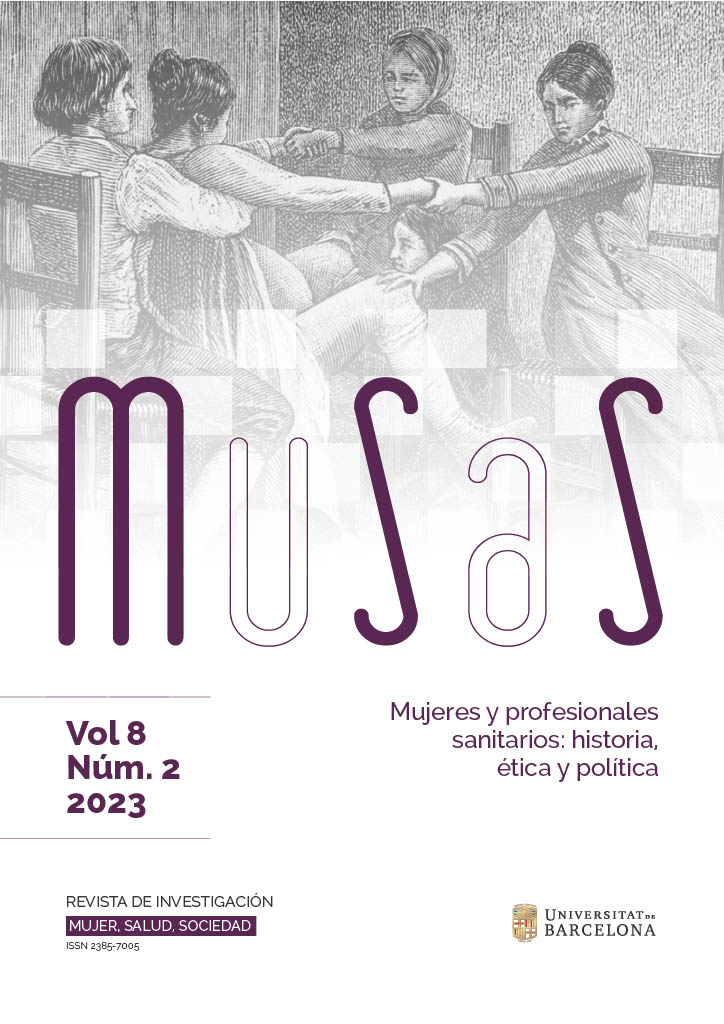Co-Creating the Birthing Experience to Improve the Mental Health of Mothers
Keywords:
Induction, Cesarean Section, Mental Health, Post-Traumatic Stress Disorder (PTSD), Post-Partum Depression, Service Design, Co-CreationAbstract
Obstetric Coevolution is a service design approach to childbirth to reimagine the birthing experience. Service design consists of planning and structuring the role of people, infrastructure, communication and all the materials that make up a service, in order to improve it. It usually involves the users in the transformation process. Obstetric Coevolution is conceived as a citizen science project, based on the question "How do obstetric practices affect the mental health of the mother?", and its initial hypothesis is that inductions and cesarean sections are not harmless, especially in relation to the mental health of mothers. She has interviewed and co-created with about twenty mothers who have helped to corroborate the initial hypothesis. They have also contributed, together with the contributions of gynecological and obstetric health professionals, to raise five major challenges: How do we get mothers to go into labor without fear, how do we reduce the levels of medicalization and instrumentalization of childbirth, how do we improve the postpartum experience for mothers and health professionals, how do we improve two-way communication between mothers and health professionals, and how do we reduce PTSD and postpartum depression in mothers? They have also offered proposed solutions to four of these questions. In addition, Obstetric Coevolution has included the co-creation of a survey to quantitatively validate some of the data obtained during the co-creation.
Downloads
Published
Issue
Section
License
Authors publishing in this journal agree with the following terms:
- Authors hold the copyright, but MUSAS holds the right of first publication.
- Manuscripts will be disseminated with the Creative Commons CC BY-NC license, which allows sharing it with third parties as long as they recognize the authorship, the first publication right held by MUSAS and the license’s conditions






